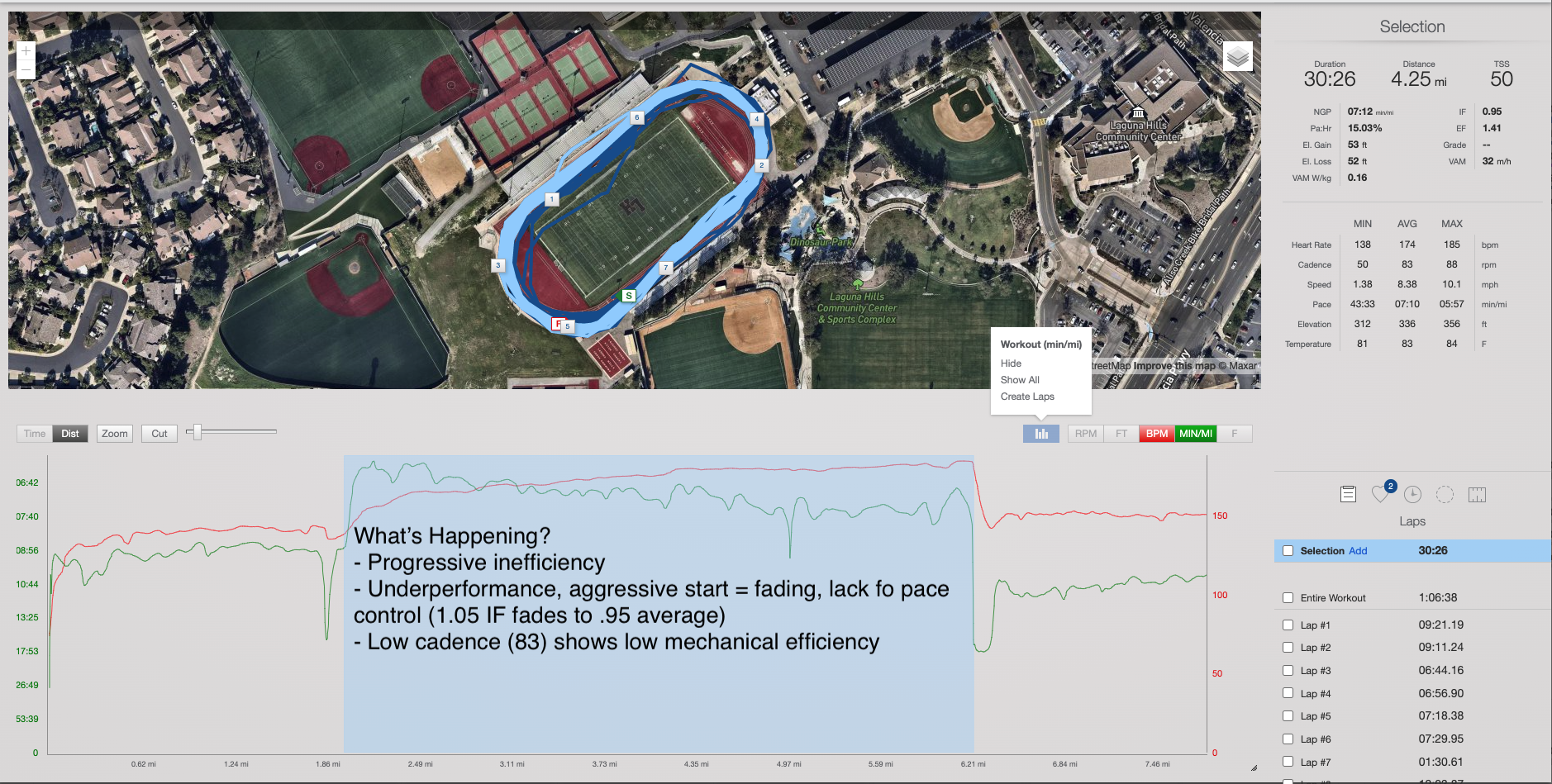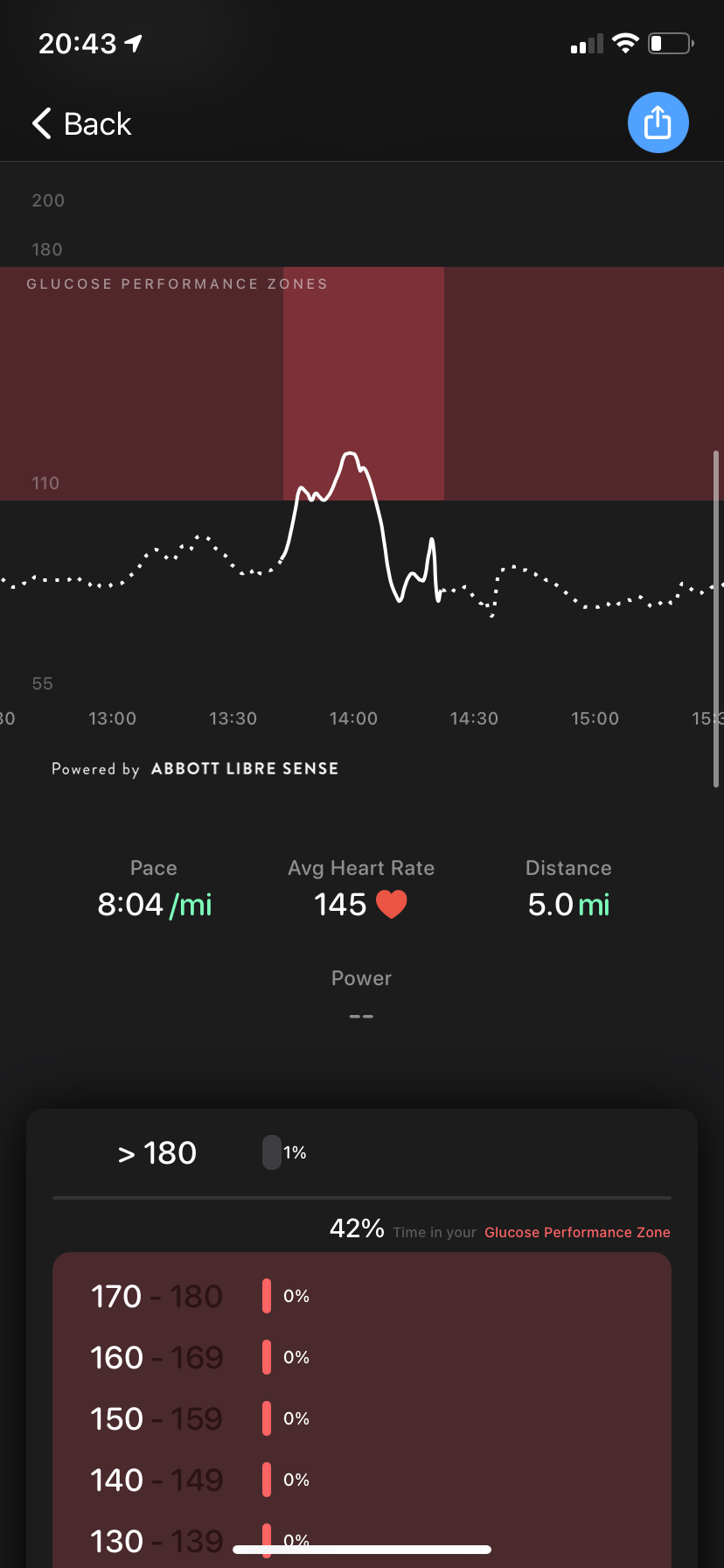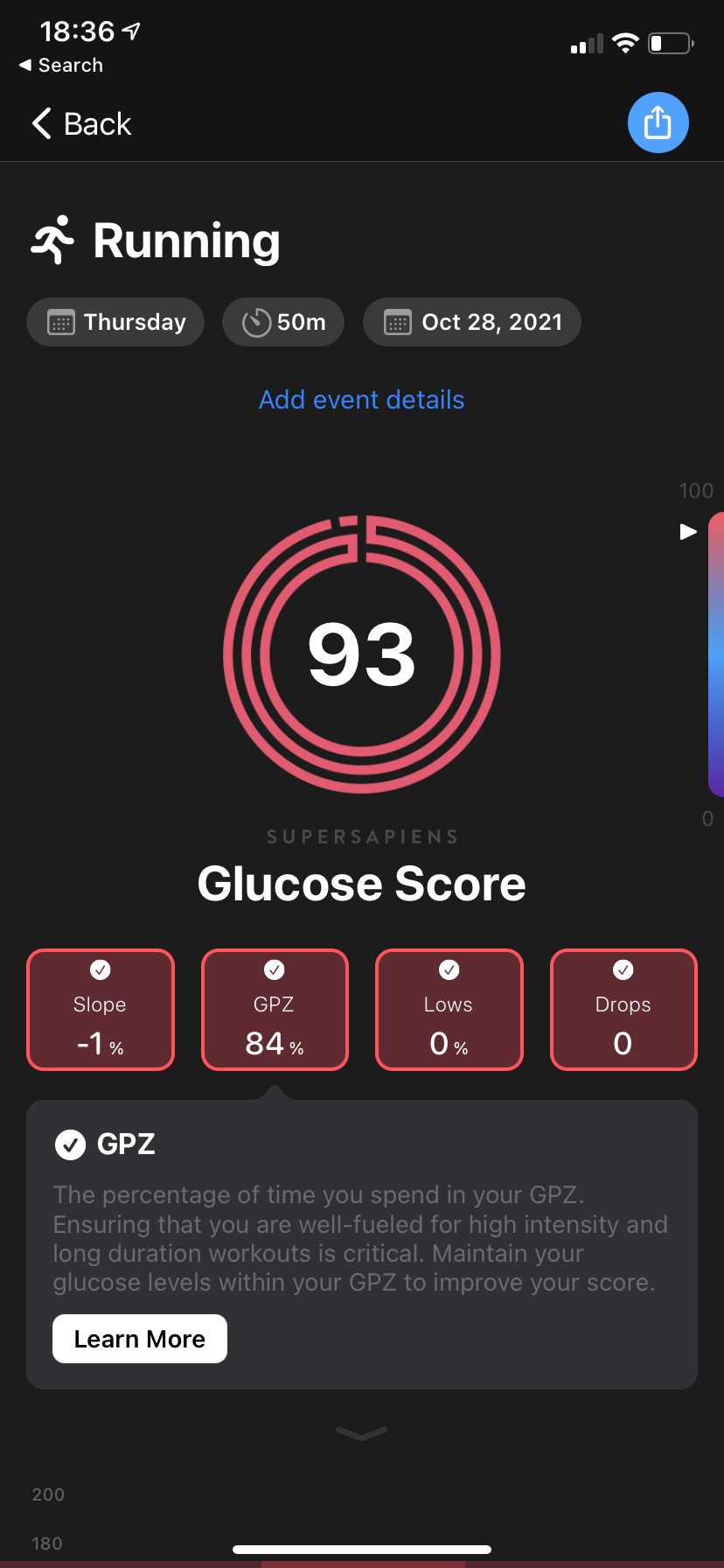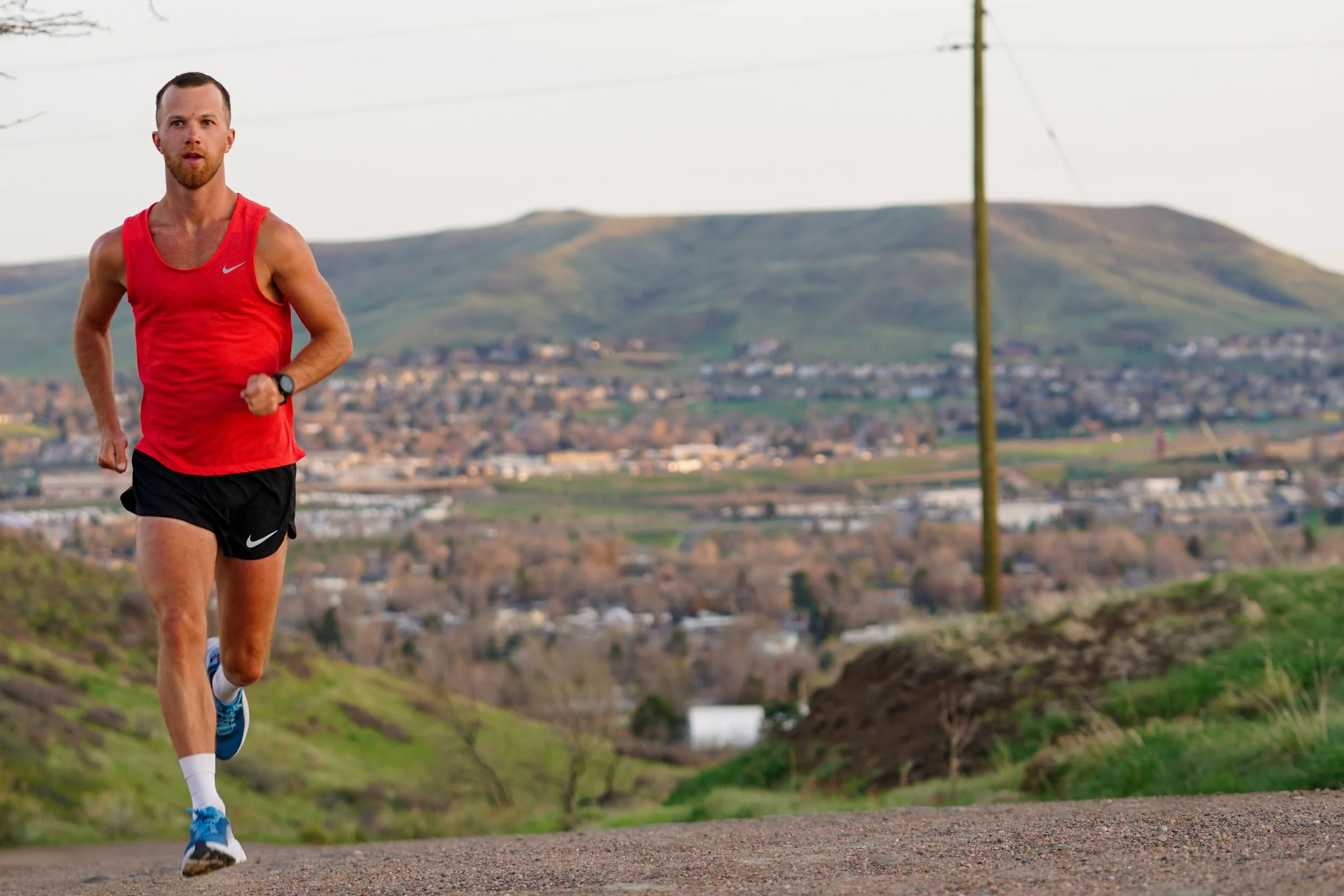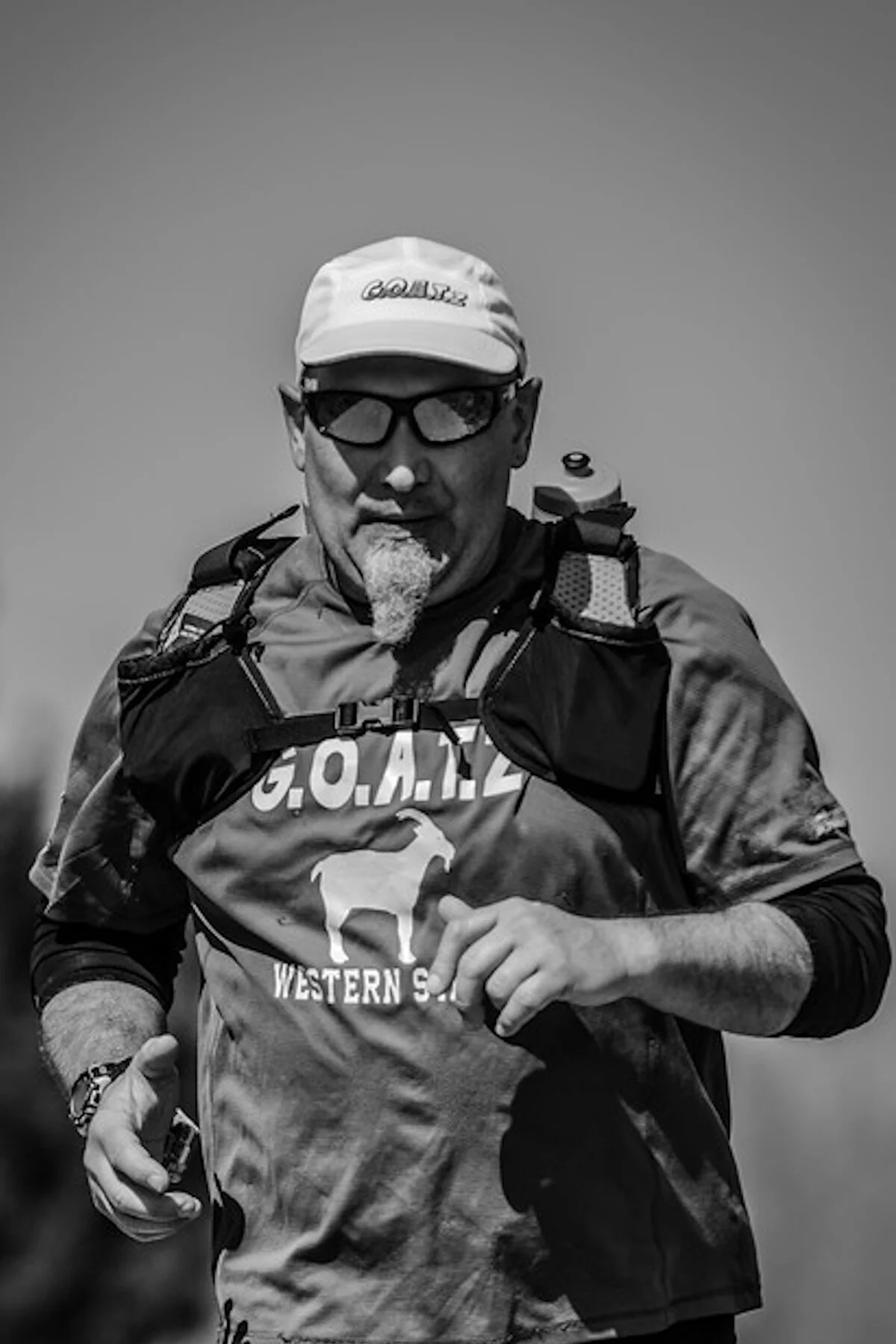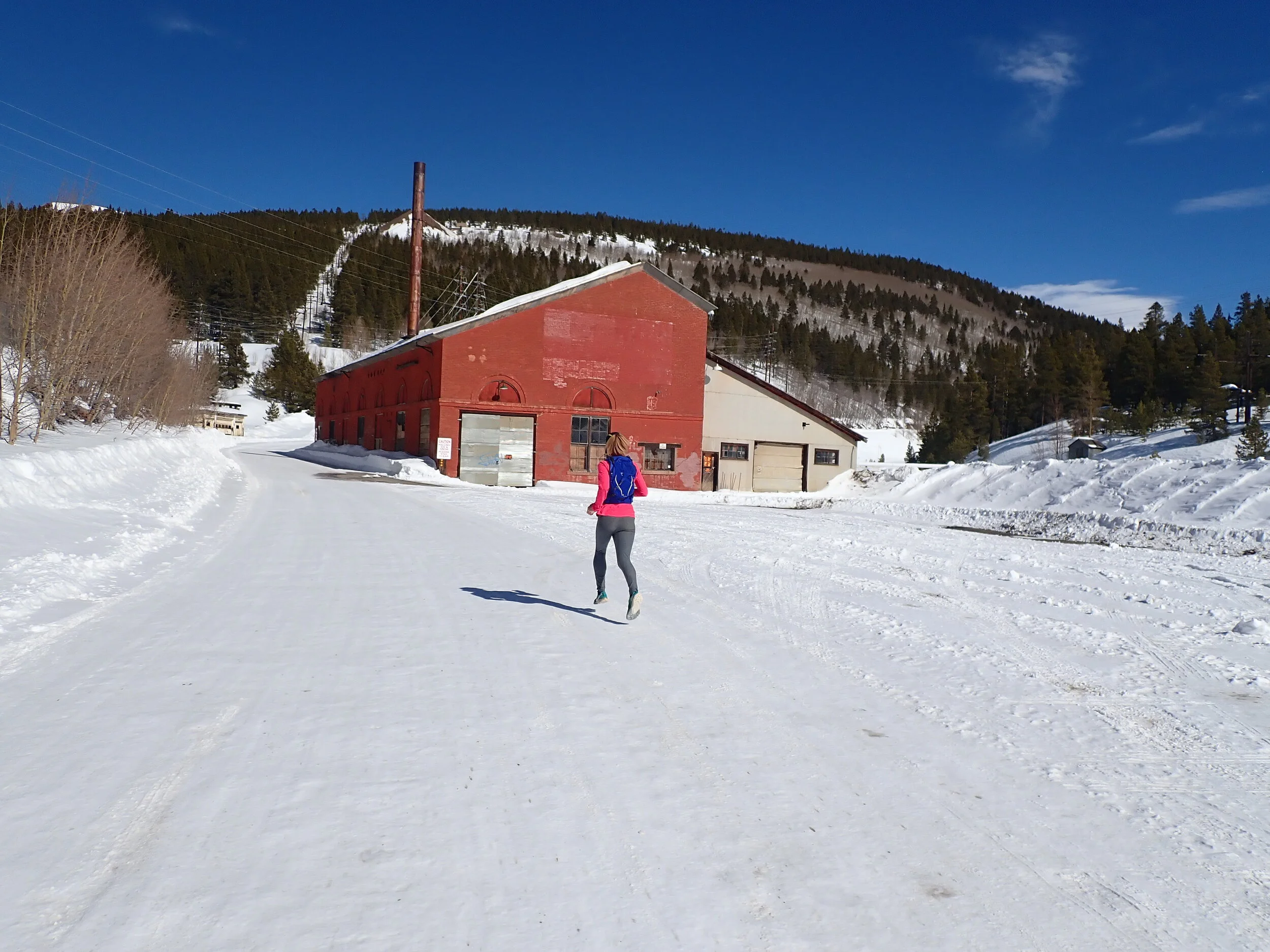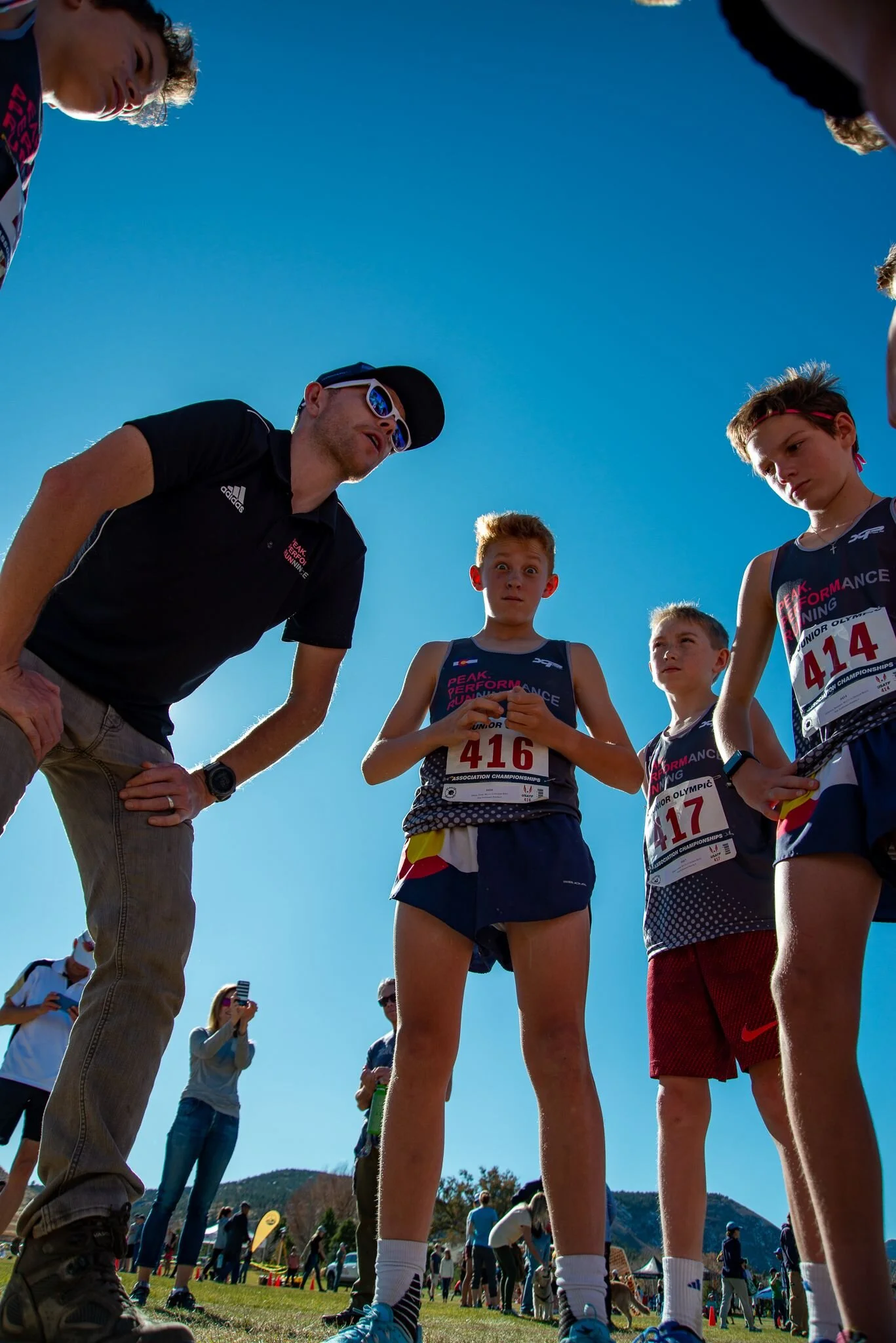As a kid my dad would always joke with me when it came to playing it safe - he’d always say “safety third” and more completely “fun first, safety third”. To that end, I only managed a handful of ER visits in that time. What that taught me was how to manage risk and understand what I could get away with. Training is not like shooting a slingshot, staying out late, or driving fast. The consequences for increasing your training load do not follow my favorite life maxim “it’s easier to ask for forgiveness than ask for permission”. Unfortunately, when you overload your body and you do it too often - something is going to give out - that can be an overwhelming amount of fatigue, a stress fracture, or you might leave the sport completely.
Read MoreWe are what we consistently do. The hard every day model is one built one practicing coming up short and always leaning into impulse. I’ve seen it happen time and time again - an athlete starts to slow down on runs. They begin to recover, they start to feel good, and that nagging voice in their head they tried to quiet down begins to roar “You’re not doing enough”. This impulse leads to the ultimate crumbling of the entire training system. Not from one single run but from cutting the foundation out from underneath the athlete.
Read MoreGoing into a race 100% trained and 80% recovered will likely yield an underperformance compared to the athlete who shows up 80% trained and 100% recovered. The latter has a bigger well to draw from, the under recovered athlete is running dry with 20% of the race still to go. Where do you think the biggest moves are made in a race - the first 20% or the last?
Read MoreWhen you know what you’re looking for you can begin to fully understand the story behind the run. This insight and knowledge is what helps you make fewer costly mistakes and truly move yourself forward more rapidly - if you know what to look for.
Read Moret’s not the text message I was expecting to get from Rusty, he’s normally rock solid in his races. He’s raced in the heat and trained extensively in his home state of Georgia. He knows how to push himself, he knows how to handle heat, humidity, and tough courses.
Read MoreHow do you fight through the pain and discomfort of racing? How do you prepare yourself mentally after the physical preparation is complete? What do you need to think through prior to race day to line yourself up for success? Here’s a big, long list of tools to work on.
Want more? Check out the YouTube video for a way to listen along.
I’ve worn 3 monitors at this point 2 on my left arm and one in my right arm. If you put them directly on the back of your arm you can barely feel them until you shower or take off a shirt and catch it on the monitor. It’s my only frustration with the actual device so far and I otherwise can’t complain. For those that are just reading this - Supersapiens is an implanted continuous glucose monitor that is paired with an app to track and measure my blood glucose. Let’s Dive in to what I’ve learned.
Read MoreThe first 10 days with this tool have been nothing short of insightful and helpfulI’m not being paid to say that either! One of my athletes became a part of the trial and showed me the inner workings of the app and device. I decided to give it a try and connect with the team at Supersapiens. I’ve been a tester many times before from Beta testing new software to prototype shoes, and now wearable tech! I’m still learning all about this tool so what I learn through using it will only become more solidified.
Read MoreBeing a beginner is a gift. Embrace it and lean into it.
Wait, what? Isn’t the goal to improve, gain skill and mastery? We all love to excel and we strive to get to a point where we find our flow. However, a big part of the process of mastery is the beginning.
Read MoreJanuary brings about a feeling of increased motivation and rejuvenated passion. We start dreaming and planning for the year ahead. 2021 might intensify these feelings more so as the possibility of races and events actually happening has increased. It’s going to be a great year and you have a lot you want to do. So where to start your training? What to focus on? There is a lot to consider. I’d like to help you prioritize and create a rough plan for your year of racing.
Read MoreLooking back on our best races – we remember all the ways we felt. Riding out a rough patch to get shot out the other side with legs still intact. We can still feel the final 100m’s legs burning, eyes leaking out a few tears of joy, and the feeling of crinkly mylar at the finish. The best races we have and the worst races we have come down to preparation for that start line. We’ll remember our best races forever, and try to forget the days that every step felt like hell. When we do have bad days, it’s important to not just shove them into the back of our brains to be quickly forgotten. Tony Robbins likes to say that success leaves clues – well so does failure and I think we learn a whole lot more from our failures than we do from our successes.
Read MoreThere is this consuming fear that if I slow down, or take time off - I’ll lose everything I’ve gained
That fear is very real and in the current landscape, it’s very hard to navigate the trail in front of us. Over the years athletes have struggled to truly take time off “descend” and rebuild before starting to climb towards their next goal.
Read MoreAthlete Ron Ruhs explain what kind of athletes REALLY deserve a coach. ***spoiler, it is every athlete!***
Read More



